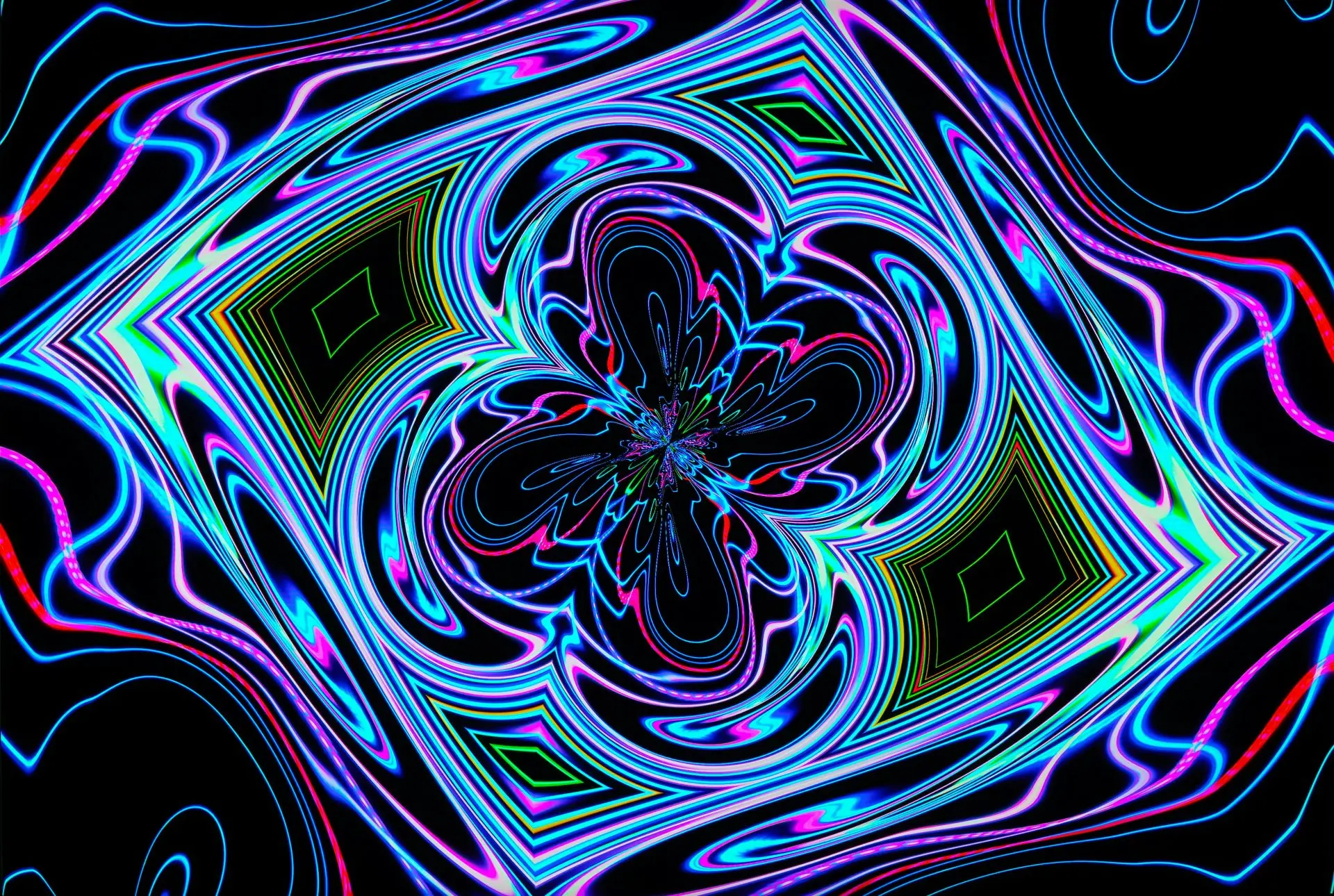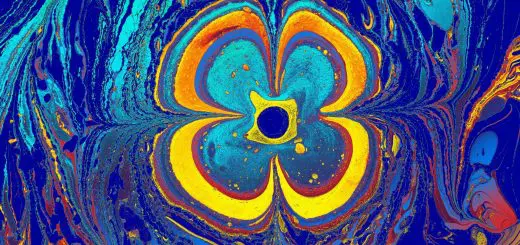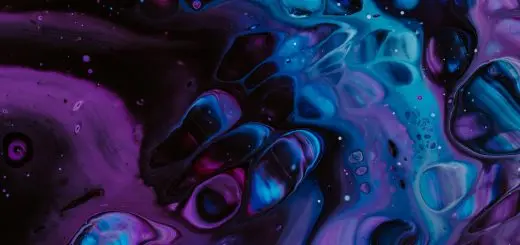Mythical Marvels: Unveiling the Secrets of Mythology

Looking for more amazing products? Check out our online store and explore our collection here! Happy shopping!
Before diving in, please note: This post is for informational purposes only. If you’d like to know more about how we approach topics, feel free to check out our friendly Disclaimer Page.
Hey there, amazing readers! 
We’re committed to delivering quality posts, and your support (even just sticking around despite the ads) means everything to us. So, bear with us, and thanks for helping us keep the good vibes rolling. Now, on to the fun stuff!
TRANSLATE BUTTON AT THE END OF THE ARTICLE
The Origin of Mythology
Mythology is as old as civilization itself, with its roots stretching back to ancient cultures around the world.
These myths were created to explain the mysteries of the world, the origins of humanity, and the forces of nature.
The earliest forms of mythology can be traced back to oral traditions passed down through generations.
These stories were often a blend of reality and imagination, providing early societies with a way to make sense of the world around them.
As societies evolved and developed written languages, mythological tales were recorded in epic poems, religious texts, and folklore.
Myths varied from culture to culture but shared common themes and motifs.
The rich tapestry of mythology weaves together stories of gods and goddesses, heroes and monsters, and the eternal struggle between good and evil.
These stories were not just entertainment but also served as moral lessons and guides for behavior.
Common Themes in Mythology
Mythology is filled with common themes that transcend time and culture.
One prevalent theme is the creation myth, which explains how the world and humanity came into being.
These stories often involve gods or supernatural beings shaping the world through divine acts.
Another common theme is the hero’s journey, where a protagonist embarks on a quest, faces challenges, and ultimately achieves victory.
This theme symbolizes personal growth, transformation, and the triumph of good over evil.
Other recurring themes in mythology include the struggle between order and chaos, the cycle of life and death, and the importance of fate and destiny.
These themes resonate with people across cultures because they reflect universal truths about the human experience.
Mythology serves as a mirror that reflects our deepest fears, desires, and aspirations, connecting us to our shared humanity.
Exploring Ancient Mythical Creatures
One of the most captivating aspects of mythology is the array of mythical creatures that populate these ancient stories.
From the fearsome dragon of Chinese mythology to the majestic phoenix of Greek lore, these creatures capture the imagination and spark wonder in our hearts.
Each culture had its own menagerie of fantastical beasts, each with its own symbolic significance.
Some mythical creatures served as guardians or protectors, while others embodied chaos and destruction.
The sphinx, with the body of a lion and the head of a human, challenged travelers with riddles, while the centaur, a half-man, half-horse creature, symbolized duality and the struggle between civilization and nature.
These creatures added depth and complexity to mythological stories, highlighting the eternal battle between order and chaos.
The Role of Gods and Goddesses in Myths
Gods and goddesses play a central role in mythology, representing powerful forces of nature, emotions, and human characteristics.
These divine beings often mirror human qualities on a grand scale, embodying virtues such as wisdom, courage, and love, as well as vices like jealousy, wrath, and greed.
In many myths, gods and goddesses interact with mortals, influencing their lives and shaping their destinies.
The pantheons of gods and goddesses in various mythologies reflect the values and beliefs of the cultures that created them.
For example, the Greek gods lived on Mount Olympus and engaged in epic battles and romantic intrigues, while the Egyptian gods governed the cycles of life and death.
These divine figures were not just symbols but also served as guides, protectors, and judges, overseeing the affairs of both gods and mortals.
Symbolism in Mythological Stories
Mythological stories are rich in symbolism, with every character, event, and object holding deeper meaning beyond the surface narrative.
Symbols are used to convey universal truths, moral lessons, and spiritual insights that resonate with readers on a profound level.
For example, the tree of life symbolizes the interconnectedness of all living beings, while the serpent represents knowledge, temptation, and transformation.
Symbols in mythology are often multifaceted, with layers of meaning that can be interpreted in different ways.
The hero’s journey, for instance, symbolizes the cycles of life, growth, and self-discovery.
The sword, a common motif in myths, represents power, protection, and the ability to overcome obstacles.
By unraveling the symbolism in mythological stories, we gain a deeper understanding of ourselves and the world around us.
Comparing Myths Across Cultures
While mythology varies from culture to culture, there are striking similarities and parallels that suggest a shared human experience.
Many myths around the world feature creation stories, flood myths, and tales of heroic figures who overcome great challenges.
These common themes highlight the universal aspects of mythology and the ways in which different cultures have grappled with similar questions and dilemmas.
By comparing myths across cultures, we can see how certain archetypes and motifs recur in different forms and contexts.
For example, the trickster figure appears in myths from Native American, African, and European traditions, embodying wit, mischief, and subversion.
These cross-cultural connections remind us of our shared humanity and the enduring power of myth to illuminate the human condition.
How Myths Shaped Ancient Societies
Mythology played a crucial role in shaping the beliefs, values, and practices of ancient societies.
Myths provided a framework for understanding the world, explaining natural phenomena, and establishing moral norms.
In many cultures, myths were integrated into religious rituals, ceremonies, and festivals, reinforcing social cohesion and communal identity.
Ancient societies often looked to myths for guidance on how to live virtuous lives, navigate social hierarchies, and make sense of the unknown.
Myths were not just stories but also served as foundational texts that underpinned the fabric of society.
The myths of ancient Egypt, Mesopotamia, Greece, and Rome, among others, provided a shared cultural heritage that bound people together and gave meaning to their lives.
The Influence of Mythology on Modern Culture
The legacy of mythology can be seen in modern culture, from literature and art to film and popular media.
Mythological themes and characters continue to captivate audiences, inspiring new stories, interpretations, and adaptations.
The enduring appeal of myths lies in their timeless messages, universal truths, and archetypal figures that resonate with people of all ages.
Contemporary writers, artists, and filmmakers often draw upon mythological motifs to explore themes of heroism, sacrifice, redemption, and the eternal struggle between good and evil.
From superhero comics to fantasy novels, from blockbuster movies to video games, mythology continues to shape our cultural landscape and spark our imagination.
The influence of mythology is evident in our language, symbols, and collective memory, reminding us of the enduring power of ancient stories.
Unraveling the Mysteries of Mythological Heroes
Mythological heroes are central figures in many ancient tales, embodying courage, strength, and virtue in the face of adversity.
These heroes embark on epic quests, battle fearsome monsters, and overcome impossible odds to achieve their goals.
Heroes like Hercules, Odysseus, Gilgamesh, and Beowulf capture the imagination and inspire us with their feats of bravery and resilience.
The stories of mythological heroes often follow a pattern known as the hero’s journey, in which the protagonist undergoes trials, meets allies and mentors, and ultimately achieves a transformational victory.
This archetype of the hero’s journey speaks to our deepest desires for self-discovery, growth, and triumph over obstacles.
By unraveling the mysteries of mythological heroes, we uncover timeless lessons about courage, perseverance, and the human capacity for greatness.
Mythological Creatures in Popular Media
Mythical creatures have found a new home in popular media, where they are reimagined, reinvented, and brought to life through digital art, special effects, and storytelling.
From dragons and unicorns to werewolves and vampires, these creatures populate the worlds of fantasy literature, television, and cinema, captivating audiences with their otherworldly beauty and mystery.
The enduring popularity of mythical creatures speaks to our fascination with the supernatural and our desire for escapism and wonder.
Contemporary media often features hybrid creatures that blend elements of different mythologies, creating new and exciting hybrids that push the boundaries of imagination.
These creatures serve as symbols of the unknown, the uncanny, and the fantastical, inviting us to explore new realms of possibility and creativity.
Mythological creatures in popular media remind us of the enduring power of myth to inspire, entertain, and provoke our imaginations.
Debunking Common Myths About Mythology
Despite the enduring popularity of mythology, there are many misconceptions and myths surrounding this ancient art form.
One common myth is that mythology is just a collection of fanciful stories with no basis in reality.
In truth, myths often contain kernels of historical truth, cultural memory, and symbolic significance that reveal profound insights about the human condition.
Another misconception is that mythology is irrelevant in the modern world, overshadowed by science, technology, and rational thought.
However, mythology continues to shape our culture, language, and beliefs in subtle yet profound ways.
Myths provide us with a lens through which to view the world, offering timeless wisdom, moral guidance, and spiritual nourishment.
The Importance of Preserving Mythological Stories
Preserving mythological stories is essential for maintaining our shared cultural heritage, preserving ancient wisdom, and passing down timeless lessons to future generations.
Myths are not just relics of the past but living narratives that continue to shape our understanding of the world and ourselves.
By studying and preserving mythological stories, we honor the diversity of human experience and celebrate the enduring power of storytelling.
Mythology provides us with a mirror that reflects our deepest fears, aspirations, and desires, connecting us to our shared humanity and reminding us of our place in the cosmos.
As we unravel the mysteries of mythology, we unlock a treasure trove of wisdom, symbolism, and insight that enrich our lives and illuminate the path forward.
Preserving mythological stories is not just a duty but a privilege, allowing us to tap into the collective wisdom of our ancestors and carry their legacy into the future.
Conclusion
Mythology is a vast and intricate tapestry of stories, symbols, and archetypes that have shaped cultures and civilizations for millennia.
From the ancient myths of gods and heroes to the fantastical creatures that populate these tales, mythology continues to captivate, inspire, and provoke our imaginations.
By exploring the origins, themes, and roles of mythology, we gain a deeper understanding of ourselves and the world around us.
As we navigate the complexities of modern life, mythology offers us a roadmap to the human experience, guiding us through the trials and triumphs of existence.
By unraveling the mysteries of mythological stories, we unlock a treasure trove of wisdom, symbolism, and insight that enrich our lives and illuminate the path forward.
The importance of preserving mythological stories cannot be understated, as they serve as a bridge between past, present, and future, connecting us to our shared heritage and universal truths.
In a world that is ever-changing and evolving, mythology stands as a beacon of timeless wisdom, offering us solace, inspiration, and a sense of wonder in the face of the unknown.

The Enlightenment Journey is a remarkable collection of writings authored by a distinguished group of experts in the fields of spirituality, new age, and esoteric knowledge.
This anthology features a diverse assembly of well-experienced authors who bring their profound insights and credible perspectives to the forefront.
Each contributor possesses a wealth of knowledge and wisdom, making them authorities in their respective domains.
Together, they offer readers a transformative journey into the realms of spiritual growth, self-discovery, and esoteric enlightenment.
The Enlightenment Journey is a testament to the collective expertise of these luminaries, providing readers with a rich tapestry of ideas and information to illuminate their spiritual path.
Our Diverse Expertise
While our primary focus is on spirituality and esotericism, we are equally passionate about exploring a wide range of other topics and niches 

To ensure we provide the most accurate and valuable insights, we collaborate with trusted experts in their respective domains 
Our blog originally focused on spirituality and metaphysics, but we’ve since expanded to cover a wide range of niches. Don’t worry—we continue to publish a lot of articles on spirituality! Frequently visit our blog to explore our diverse content and stay tuned for more insightful reads.
Hey there, amazing reader! 
Check out our store here and take a peek at some of our featured products below! Thanks for being awesome!













